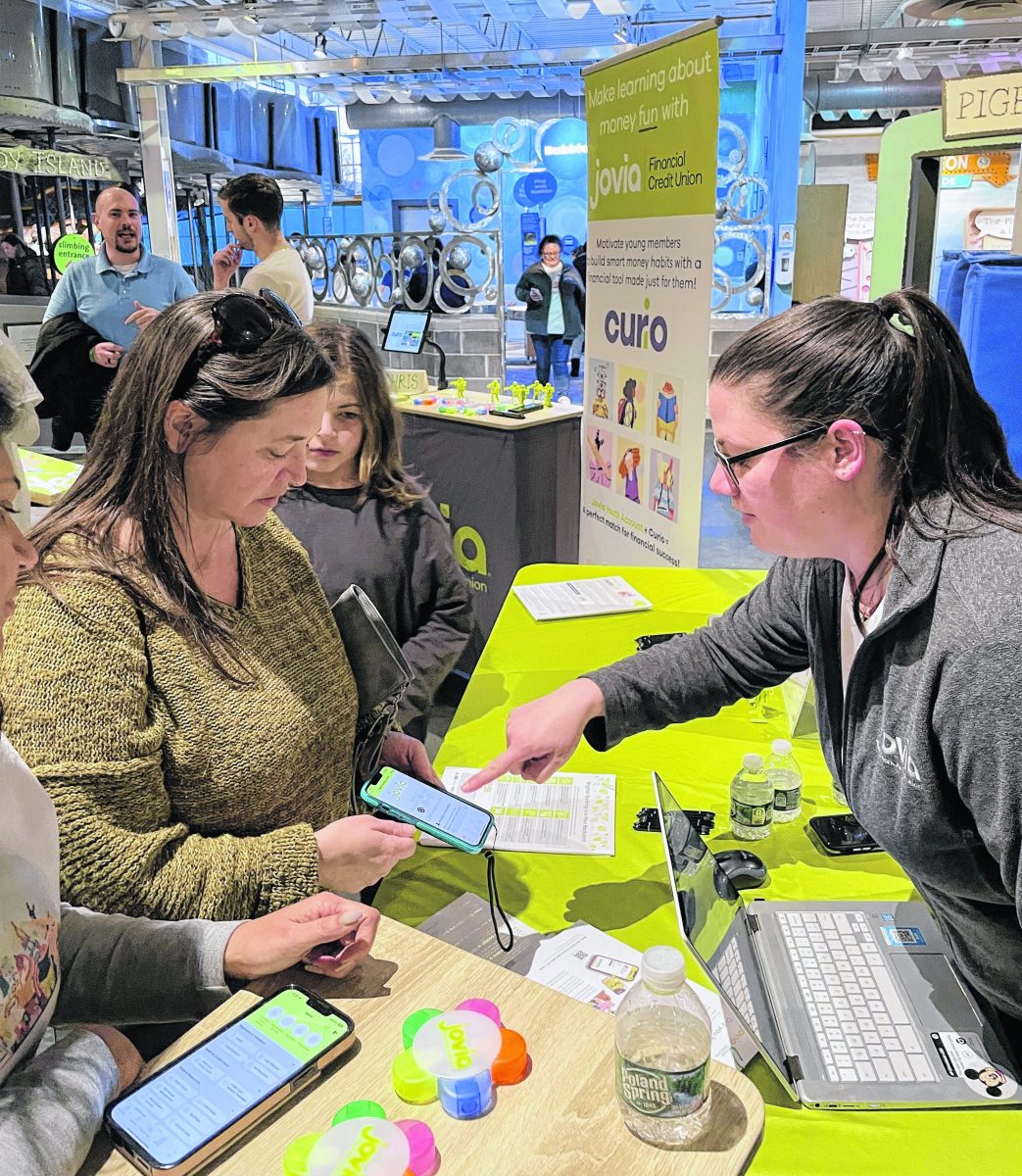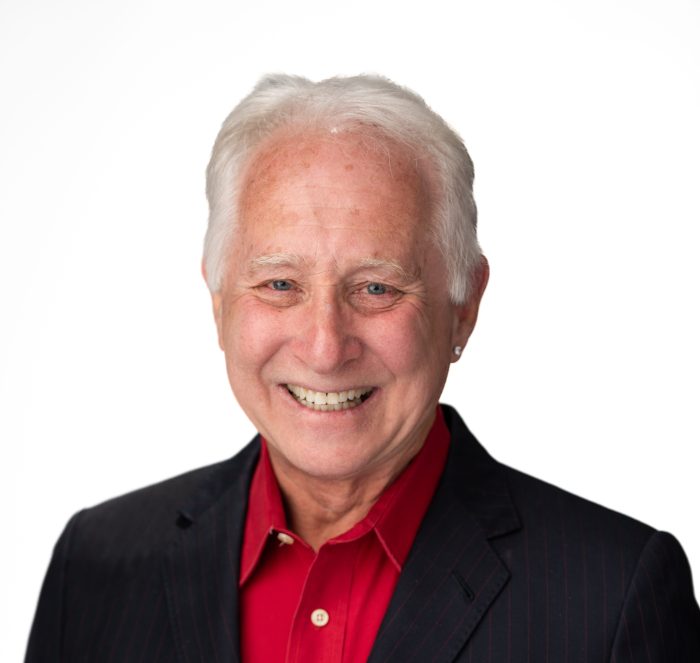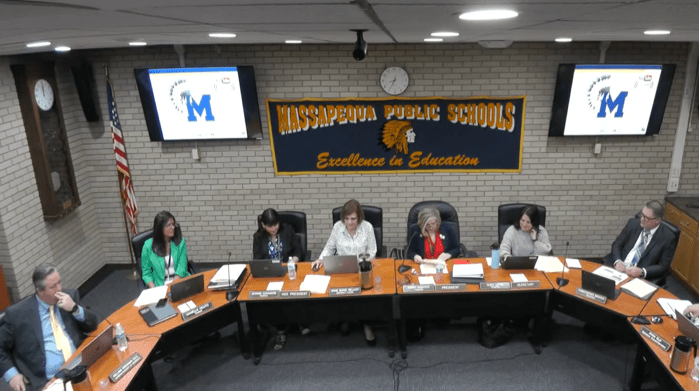Schools teach math, English, foreign languages, history, reading, writing and science — but financial literacy often falls through the cracks in New York State, which has no requirements for this subject.
The result, in part, may be an invisible educational epidemic, a kind of pandemic-scale lack of financial literacy plaguing the population. Experts say young and some older people are essentially financially illiterate, unable and unaware of how to save or manage money, budget or handle and consolidate debt. Some institutions are trying to help reverse the trend.
“I talk to a lot of people who say they have an adviser who handles their savings. I ask, ‘Do you know what you’ve invested in?’ They have no idea,” said Alice Winkler, a human resources consultant at Working Resolutions, a human resources consulting firm. “It’s great they have a financial adviser. But shouldn’t you be watching it too?”
Twenty-six states have approved requirements for students to take a stand-alone personal finance course to graduate high school. By 2030, when the last of these states’s requirements kick in, about 53% of U.S. high school students will have mandates.
In New York, the State Education Department’s Blue Ribbon Commission on Graduation Measures recommended financial literacy as a graduation requirement and several bills with financial literacy requirements have been introduced in the state Legislature, but none have passed.
“States are beginning to mandate it. New York’s on the horizon,” said Peter Purpura, Jovia Financial Credit Union’s vice president of business development. “We’re hopeful that New York State will follow the trend as other states are mandating financial literacy in the schools.”
To fill the gap, credit unions such as Jovia, banks such as Capital One and HR consultants are teaching and training young people, employees and the elderly, or bringing in others to do that, not focusing on how to make money, but how to manage it.
“You see a growing need for financial literacy across the country,” Purpura said, noting half of adults lack basic financial literacy skills on budgeting, borrowing and interest rates. “We want to reach out to kids early to teach them best practices.”
The credit union founded in 1938 to serve educators, he said, views education as part of its economic mandate. Christopher DiLeonardo, Jovia’s educational development officer, said students in K-12 need these skills now more than ever. “We talk to colleges,” he added. “We know people are struggling with these things.”
Jovia goes into classrooms with 20 to 30 students for a period that lasts about 45 minutes. Presentations often include packets, sometimes along with a kind of informal test to guide rather than grade.
The credit union supports students through programs like Commerce Plaza in Levittown with role play and access to Curio, its financial literacy app, helping them learn basics like cashing checks, using interactive teller machines, and operating a business. Parents can use the app to reward their children as they learn smart financial habits.
Jovia also partners with local school districts’ middle and high schools, offering bilingual help through financial literacy classes dealing with writing checks, balancing a budget, using credit cards responsibly and “how to make a savings plan,” DiLeonardo continued.
It also provide financial literacy training at the college level and into adulthood, offering workshops through colleges as well as at Rising Stars, a basketball academy, in Freeport. “The kids and adults who take part in their basketball programs can attend financial wellness centers that Chris facilitates,” Purpura said.
While Jovia offers in-person training, Capital One partners with Khan Academy to offer free online financial literacy courses to anyone who “wants to demystify personal finance and get one step closer to financial well-being.”
Khan Academy’s online course includes units looking at budgeting, saving, credit, debt, investment, taxes, scams, fraud, insurance, retirement planning and more. Each unit is made up of individual lessons including instructional videos, articles and exercises followed by unit tests to measure comprehension.
Enlightened human resources professionals also bring in professionals who offer employees financial literacy training.
Winkler, for instance, remembers finding out about a woman who had been working for 30 years, diligently contributing to her 401(k), with little to show for it despite retiring at the height of a bull market.
“It shocked me that she was retiring with $50,000 in her 401(k),” Winkler said. “She was making 2% a year in a guaranteed interest fund.”
Winkler worked with a financial adviser to develop a financial literacy course taught to employees at the firm. “I want people to know what an ETF and a mutual fund is. Why would you invest in an ETF over a money market?” Winkler continued. “Employees don’t understand what to do with their savings and very often how to maximize their savings. They very often don’t understand the difference between 401(k)s and 401(k) Roths.”
She called in financial advisers who spoke with employees about debt as well. “Very often employees find themselves in massive credit card debt,” Winkler said. “There are resources that help them consolidate or negotiate a lower interest rate.”
Jovia works with adults through Long Island nonprofits, such as ARC and Cerebral Palsy of Nassau County, talking to employees about credit scores, budgeting, borrowing, interest rates, home ownership, renting and mortgages.
And their lending team runs seminars about home-buying and investing, by working with other companies. “People don’t open up to you about their finances until they want to,” Winkler said. “You need a financial person to come in and talk to them.”
If and when the state imposes financial literacy mandates, Jovia doesn’t expect to end their efforts. “We’re going to continue to be needed in the school program even if mandates come down,” Purpura said. “There will be minimal requirements.”


































